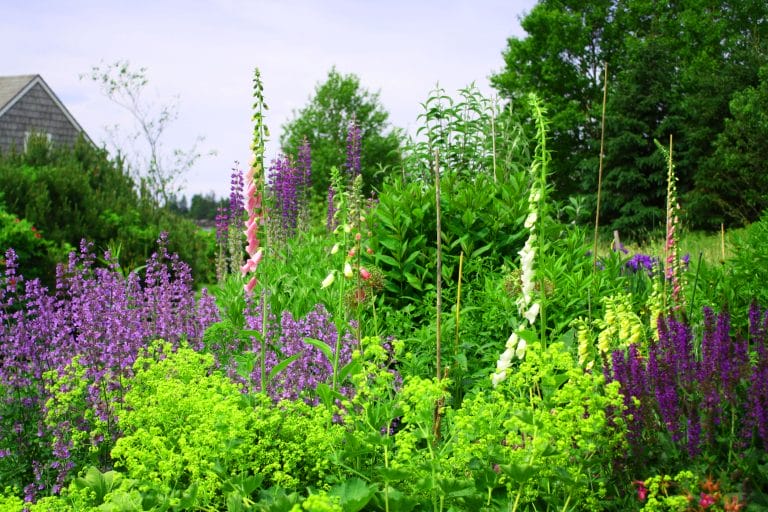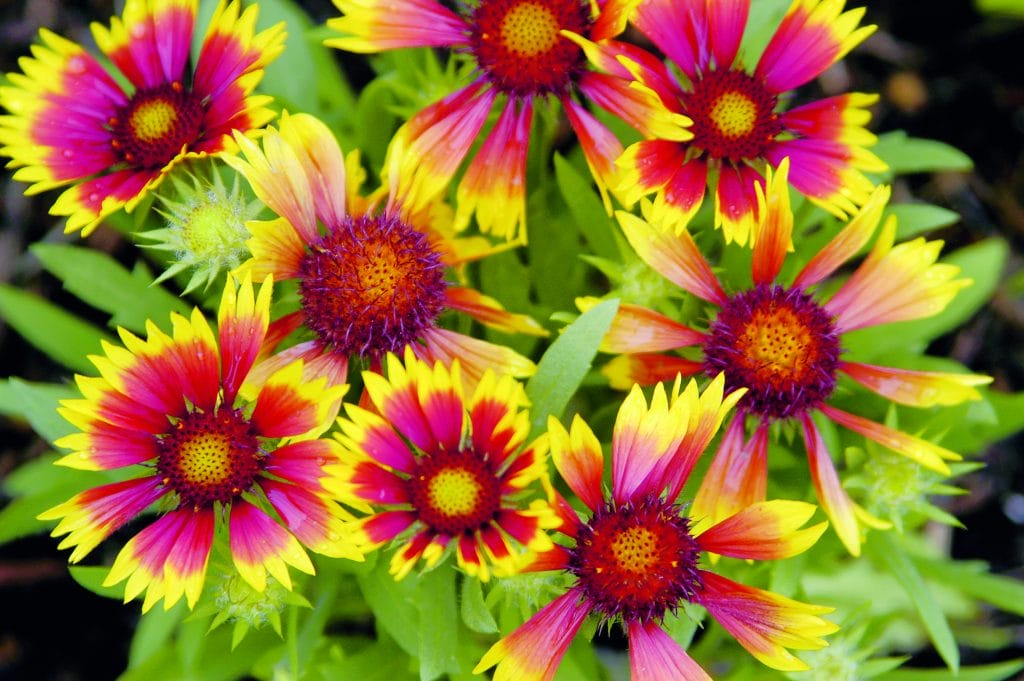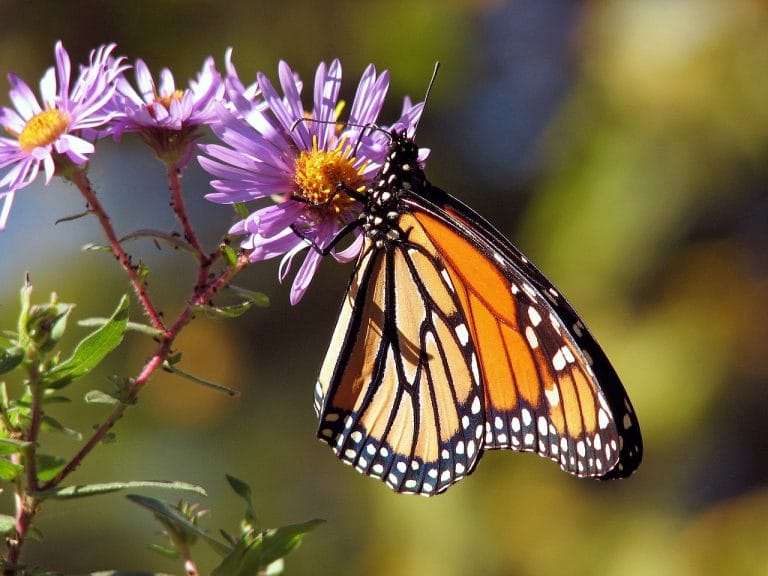
- Monday-Friday 7AM – 5PM | Saturday 7AM - 5PM | Sunday: 8AM - 4PM
Menu

As the green thumbs among us start to feel the earth thaw and see the buds swell, spring marks a perfect opportunity to cultivate not just our gardens but our commitment to the environment. At Whispering Hills Garden Center, we’re passionate about sustainability and believe that even the smallest changes in your garden practices can make a significant impact. Here are some eco-friendly gardening tips to help you plant with a purpose this spring:
1. Start with Composting:
Transform your kitchen scraps and yard waste into garden gold! Composting enriches the soil, helps retain moisture, and suppresses plant diseases and pests. By composting, you reduce your contribution to landfill waste and provide invaluable nutrients to your garden. If you’re new to composting, start simple: combine green waste (like vegetable peels) and brown waste (like dried leaves) in a compost bin and let nature do the rest.
2. Choose Native Plants:
Native plants are not only beautiful but also adapted to local climate conditions and resistant to local pests. This means they require less water, fewer chemicals, and less care overall. By planting natives, you’re supporting the local ecology and wildlife – from pollinators like bees and butterflies to birds. Visit us at Whispering Hills to find the best native plants for your area.
3. Water Wisely:
Water conservation is key in sustainable gardening. Optimize your watering schedule by watering early in the morning or late in the evening to reduce evaporation. Consider installing a drip irrigation system to deliver water directly to the roots where it’s needed most. Collecting rainwater in barrels is another great way to minimize your water usage and keep your plants hydrated.
4. Mulch Matters:
Mulching is a fantastic way to conserve water, suppress weeds, and protect your plants. Organic mulches like wood chips or straw not only help maintain soil moisture and regulate temperature but also break down over time, improving soil structure and fertility.
5. Avoid Chemicals:
Embrace organic gardening by avoiding synthetic fertilizers and pesticides. Opt for organic alternatives or make your own natural pest deterrents from common household items. Healthy, well-nourished plants are more resilient and less susceptible to pests and diseases.
6. Practice Crop Rotation and Diversification:
Rotate your crops and diversify your plantings. This not only reduces pest buildup and disease but also enhances soil fertility and health. Different plants bring different nutrients into the soil and extract others, balancing your garden’s overall nutrient needs.
7. Connect with Community:
Share your knowledge, swap plants, and participate in community gardening efforts. There’s much to learn from fellow gardeners, and community engagement strengthens the bond between people and the planet.
Join us at Whispering Hills Garden Center for more sustainable gardening tips, workshops, and a wide range of eco-friendly gardening supplies. Together, we can make this spring a thriving, green season. Happy gardening!

In an era where sustainability is more than a buzzword, Whispering Hills Garden Center

June is National Pollinator Month, a perfect time to celebrate the essential role pollinators

As the weather warms up, spending time outdoors becomes more appealing. However, with the
**IMPORTANT** Non e-commerce prices listed on various pages of this site, may not reflect the most up-to-date prices. Call to verify prices before coming in.